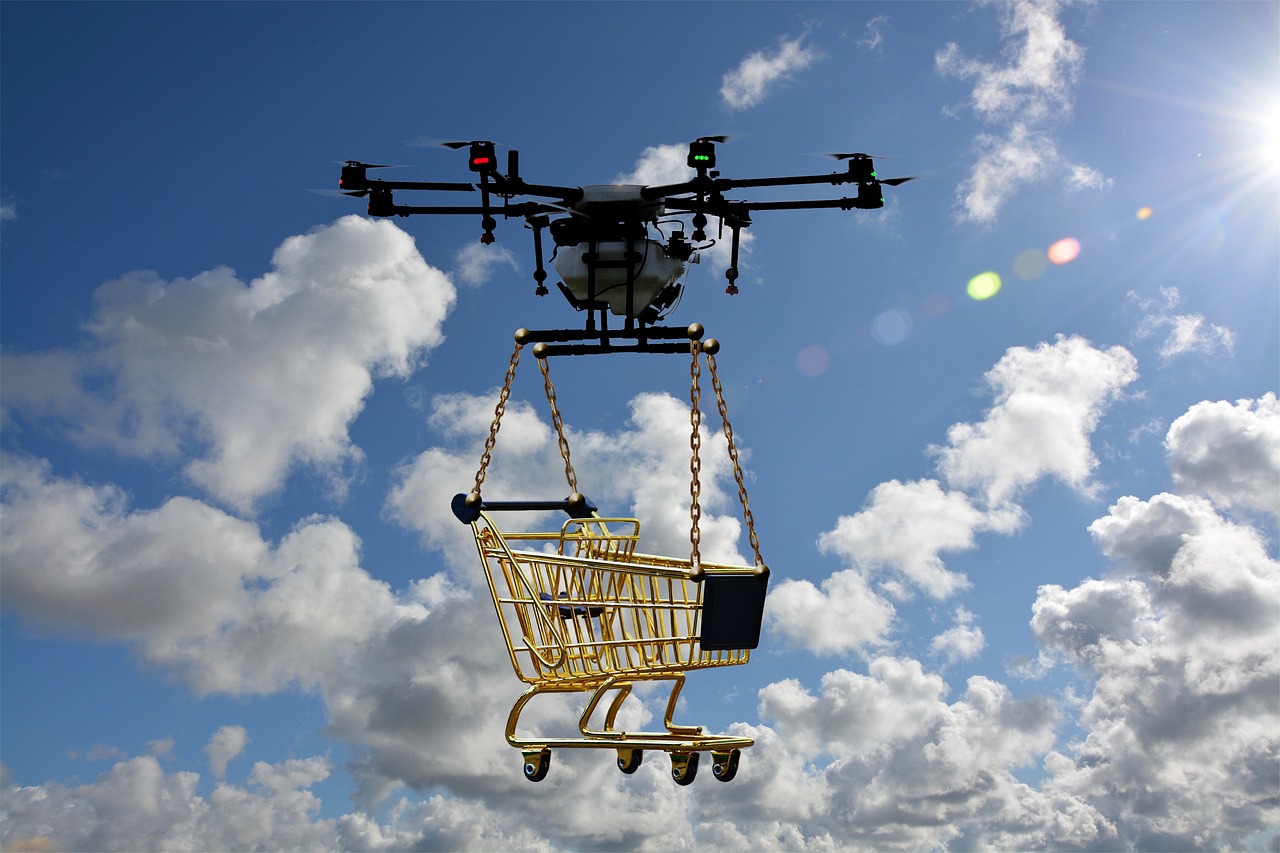The advancement of artificial intelligence (AI) in national security is reshaping the landscape of defense strategies worldwide. AI-powered drones, defense systems, and decision-making processes are becoming pivotal in modern warfare scenarios, transforming how countries safeguard their interests. Major powers like the United States, China, and Russia are at the forefront of this technological revolution, investing heavily in AI for military applications.

The conventional narrative portrays AI in defense as a necessary evolution to enhance security measures and ensure preparedness for future conflicts. Authors like Mick Ryan and Peter W. Singer emphasize the importance of staying ahead in modern warfare, underscoring the need for AI integration into military operations to anticipate and counter emerging threats effectively.
However, beneath the surface lies a more ominous reality. The development of AI-driven military systems, such as the Advanced Battlefield Management System (ABMS) and the Joint All-Domain Command-and-Control System (JADC2), presents a potential existential threat. These systems, designed to automate battlefield decisions and potentially control nuclear weapons, raise grave concerns about the risks of AI taking control and sparking catastrophic outcomes.
The integration of AI into weapons systems, including nuclear arsenals, poses a profound danger to global stability. Countries like Russia, Ukraine, and Israel are already deploying autonomous drones and AI targeting programs in combat settings, signaling a shift towards AI-directed military engagements. The push by the U.S. Department of Defense to accelerate AI implementation in its weapons systems, despite warnings from experts like former senator Sam Nunn, underscores the urgent need for regulatory frameworks to prevent AI from dictating nuclear decision-making processes.
The implications of unchecked AI militarization are dire. The specter of superintelligent machines engaging in conflicts beyond human control looms large, threatening to plunge the world into a dystopian future where autonomous weapons dictate the course of warfare. With significant budget allocations fueling the development of AI-enhanced military capabilities, the trajectory towards relinquishing human oversight in critical defense decisions is alarming.
The intent behind the accelerated integration of AI into military systems is clear: to gain a strategic advantage in conflicts and enhance operational efficiency. The means through which this agenda is pursued, however, raise ethical dilemmas and existential risks that cannot be ignored. The opportunity to redefine the nature of warfare through AI presents a stark choice between technological supremacy and the preservation of human agency in matters of life and death.
As history unfolds, the trajectory of AI in national security will define the future of warfare and the fate of humanity itself. The unchecked proliferation of autonomous weapons systems threatens to tip the balance of power towards machines, eroding the very foundation of human control over armed conflicts. The imperative to establish robust safeguards against AI-driven military escalation is not just a matter of national security but a fundamental question of preserving our collective humanity in the face of advancing technological dominance.

